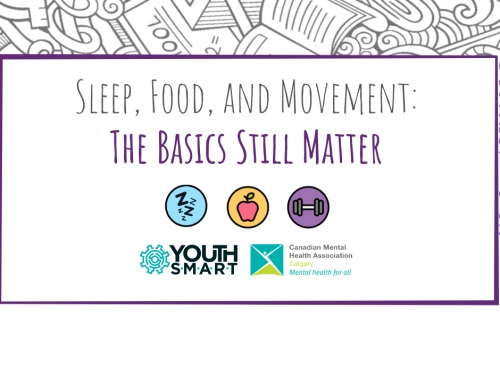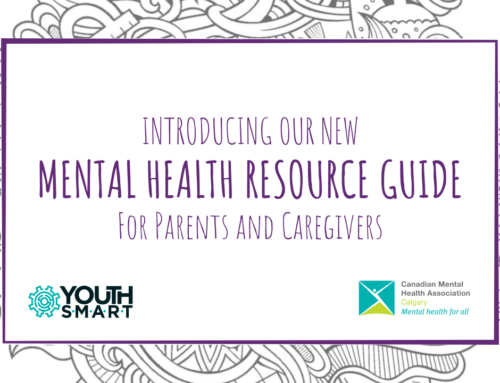National Day of the Child is held annually on November 20th. It is a day to acknowledge the importance of children’s rights and our country’s commitment to upholding them. The United Nations Convention on the Rights of the Child (UNCRC) sets out the rights of children with 54 articles that provide a road map of what is needed to support children and youth to be safe, healthy, and included.
This year celebrates Article 30 of the UNCRC, which protects every child’s right to practice their own culture, religion, and language. Celebrating Article 30 provides the opportunity to enjoy and participate in the things that help shape who children are, including art, language, music, food, faith, spiritual practices, customs, traditions, or practices passed down through generations.
Why is celebrating the right to practice their own culture, religion, and language important?
Acknowledging heritage and traditions can help children know who they are and where they come from. It strengthens bonds with family, elders, and community. It helps individuals feel connected to something bigger than themselves. It can also build a sense of confidence and pride to honour their heritage.
Respecting the right of others to practice their culture, religion, and language is also important, as it fosters understanding and inclusion. By being exposed to different traditions, individuals become better informed about the world around them and are encouraged to respect diversity.
Connection to Mental Health
At CMHA Calgary, we believe it is important to support mental well-being for all. The right to practice culture, religion, and language has a profound impact on mental health.
Feeling included in cultural or religious traditions gives children a sense of belonging, which reduces loneliness and supports positive self-esteem. Furthermore, knowing your roots and having the freedom to celebrate your heritage helps develop a sense of identity. A strong identity is an important protective factor in mental health.
Participating in festivals, holidays, or traditions creates moments of joy and shared connection with family and community. These positive social connections are essential for children’s emotional well-being. Traditions and faith practices can provide comfort during hard times (e.g., prayers, rituals, songs, or gatherings), and can help cope with stress and build resilience. When cultural or religious rights are respected, individuals feel valued for who they are. This feeling of respect also protects against shame and the stress of “hiding” parts of themselves. Culture, traditions, and celebrations shape who we are. As such, the right to celebrate culture and traditional practices can greatly impact the mental well-being of youth.
How to Celebrate this National Child Day:
On National Child Day and throughout the year, it is important to share traditions, create inclusive spaces, and celebrate diversity. It is also important to model respect and curiosity about others’ traditions.
Attend cultural festivals or powwows, celebrate different cultural or religious holidays, speak a heritage language with family, learn traditional dances, songs, or recipes, and participate in storytelling.
On November 20th, wear blue to celebrate the day, share a message about children’s rights, or plan an activity to share your culture, language, and traditions with others. Visit the National Child Day website https://www.nationalchildday.ca/ for more resources and local events.


